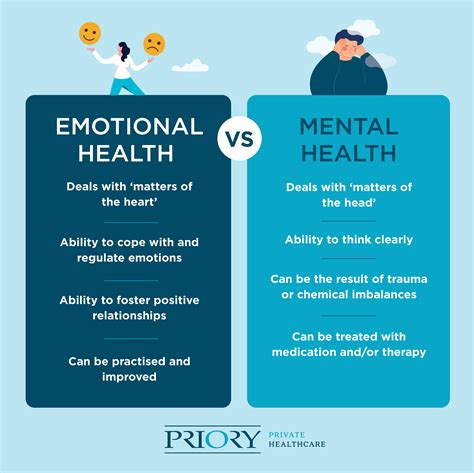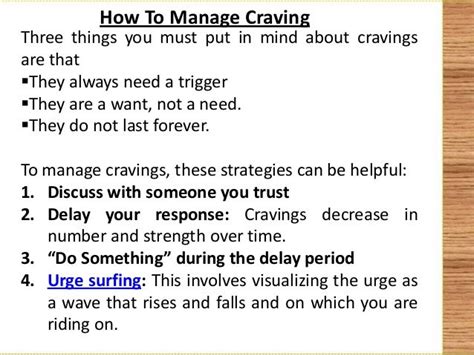Intro
Overcome alcohol addiction with Quit Drinking Now strategies, featuring sobriety tips, addiction recovery, and alcoholism support to help you stop drinking and achieve a healthier lifestyle.
Quitting drinking is a significant decision that can have a profound impact on one's life. For many, drinking has become an integral part of social interactions, stress relief, and even daily routines. However, the negative consequences of excessive drinking, such as health problems, relationship issues, and decreased productivity, can be overwhelming. As the risks associated with drinking become more apparent, more and more people are seeking to quit or reduce their alcohol consumption. This journey towards sobriety is not only commendable but also crucial for achieving a healthier, happier life.
The importance of addressing drinking habits cannot be overstated. Alcohol misuse is a leading cause of preventable death worldwide, contributing to a wide range of health issues, including liver disease, certain types of cancer, and injuries. Beyond the physical health implications, drinking can also lead to financial problems, legal issues, and strained relationships, affecting not just the individual but also their loved ones. Recognizing the need to change and seeking help is the first step towards recovery, a journey that, although challenging, can be incredibly rewarding.
For those considering quitting drinking, understanding the reasons behind their desire to stop is crucial. Whether it's to improve health, repair relationships, or simply feel more in control of their lives, having clear motivations can provide the necessary drive to stay on track. The path to sobriety is unique to each individual, with some choosing to quit cold turkey, others opting for gradual reduction, and many seeking support through therapy, support groups, or rehabilitation programs. Regardless of the approach, the decision to quit drinking is a brave and significant step towards a better life, one that requires commitment, patience, and often, a willingness to confront underlying issues that may have contributed to drinking habits.
Understanding the Benefits of Sobriety

Physical Health Improvements
One of the most significant benefits of quitting drinking is the improvement in physical health. Alcohol is a toxin that can cause damage to virtually every organ in the body, and stopping its consumption allows the body to begin repairing this damage. Within weeks of quitting, individuals may notice improvements in sleep quality, digestion, and skin health. Over time, the risk of developing alcohol-related diseases, such as cirrhosis of the liver, certain types of cancer, and heart disease, significantly decreases. Furthermore, sobriety can lead to weight loss, improved immune function, and a reduction in the risk of injuries and accidents.Mental and Emotional Wellbeing

Overcoming the Challenges of Sobriety

Building a Support Network
Having a strong support network is crucial for maintaining sobriety. This can include friends and family members who are supportive of the decision to quit drinking, as well as professional help from therapists or counselors. Support groups, either in-person or online, can provide a sense of community and connection with others who are going through similar experiences. Sharing stories, receiving advice, and offering support to others can be incredibly empowering and help individuals stay on track with their sobriety goals.Managing Triggers and Cravings

Strategies for Maintaining Sobriety

Embracing a Sober Lifestyle

Celebrating Milestones and Progress

Conclusion and Next Steps

As you reflect on your journey towards sobriety, consider sharing your story or offering support to others who may be starting their own path. Your experience and insights can be invaluable, providing hope and encouragement to those who are seeking to quit drinking. Remember, sobriety is a journey, not a destination, and it's the small, everyday choices that lead to long-term success and a life filled with purpose and fulfillment.
What are the first steps to quitting drinking?
+The first steps to quitting drinking include recognizing the need to stop, setting clear goals, and seeking support from friends, family, or professional services. It's also important to understand the reasons behind your desire to quit and to develop a plan for managing triggers and cravings.
How do I manage cravings and triggers?
+Managing cravings and triggers involves identifying situations, people, or emotions that make you want to drink and developing strategies to avoid or cope with them. This can include finding healthy alternatives to drinking, practicing relaxation techniques, and reaching out to supportive friends or a professional counselor.
What are the benefits of joining a support group?
+Joining a support group provides a sense of community and connection with others who are going through similar experiences. It offers a safe space to share stories, receive advice, and learn from others, which can be incredibly empowering and helpful in maintaining sobriety.
